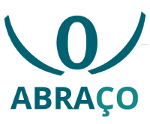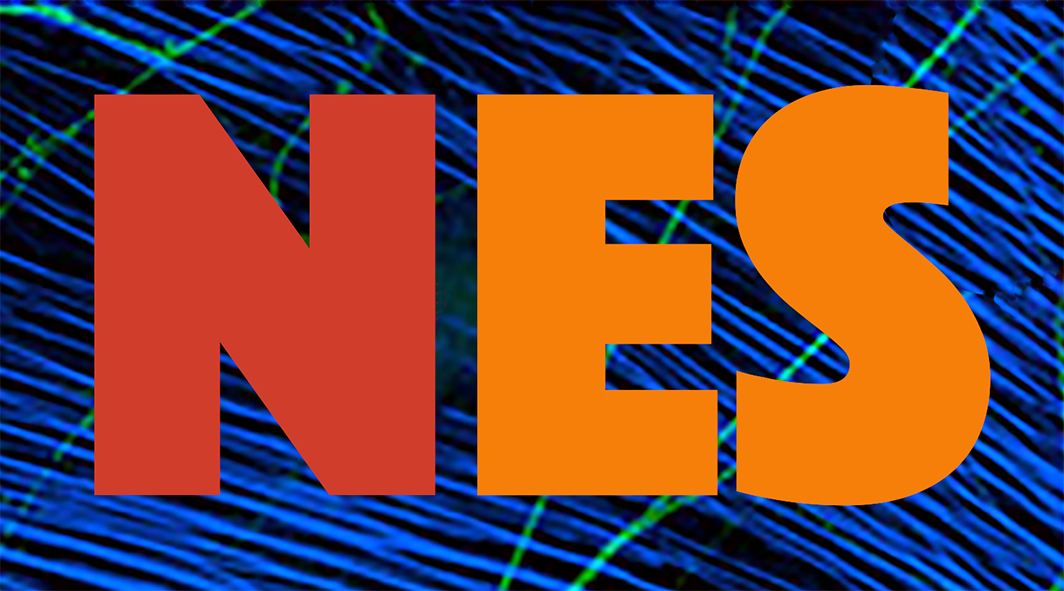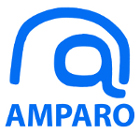
A call to duty: NeuroMat and the Wikipedia Initiative
Jul 25, 2014
NeuroMat is launching a Wikipedia Initiative. The general purposes of this initiative are to contribute to improving entries in the encyclopedia pertaining to neuromathematics by making it easier for NeuroMat members and supporters to become involved in editing these entries and to facilitating Wikipedia-related assignments in classrooms or elsewhere as a means of scientific dissemination.
We understand Wikipedia as a global public good. It is the world's largest and most used encyclopedia, and one of the tenth most visited websites in the world as well as the only one of this list that is a nonprofit organization. Most academics were possibly disdainful of Wikipedia and might have discouraged students and colleagues from using it in the past, nevertheless Wikipedia and its fellow “wiki” tools are here to stay and we need to learn how to take the best out of it.
The English version of the online encyclopedia has more than 4 million entries, the Portuguese version over 800,000. And yet before Wikipedia was created nearly anyone would have thought such tool would be possible. As a fellow Wikipedian has put it, “Suppose in 2000 someone proposed the following: Let’s create the most wide-ranging and widely used encyclopedia ever produced by getting several hundred thousand volunteer editors—let’s call them 'wikipedians'—to cooperate in writing and editing articles. We won’t pay any of them; they will contribute their intellectual labor for free. And, all articles will be free to anyone in the world who has access to the Internet, and no advertisements would appear on the site to generate revenues. Before it existed this would have been considered a fantasy.” And as I said not only did it work but it really worked!
People may be skeptic about the quality and reliability of entries on Wikipedia. And they should be. One will probably find uneven pieces of information on the encyclopedia. But one should be skeptic about any source of information, no matter what, no matter who. Just to say: Nature reported in the early 2000s that Wikipedia came close to the famous Britannica when it came to accuracy of science-related entries, at least in the English version of the online encyclopedia. And a positive, sound potentiality of Wikipedia is that whenever one finds mistakes one has the capacity to correct them immediately; just imagine, now, the effort and time lag to correct a spelling mistake on a printed reference book.
Moreover, the NeuroMat Wikipedia Initiative is deeply connected to our effort to spread open science. This effort has been explicitly expressed in two op-eds that leading researchers in our team have released to the press. Claudia Domingues Vargas and Fabio Kon have made the case “In defense of public scientific-data sharing,” that can be found here, that science will not advance as fast as it could without radical scientific collaboration. Kelly Rosa Braghetto have made a sophisticated contribution to understanding the dilemmas and challenges of promoting “Open data in science,” especially when it comes to licensing, to be found here. In this piece, she wrote: “Benefits of opening scientific data to society are undeniable. They foster science of a better quality and greater impact (by allowing the validation of peers and increasing scientific publication) and enable the generation of new knowledge through comparative studies, data mining, etc. – that can be done only when statistically relevant data volumes are available for analysis. It is hoped that a better understanding of the technical and legal issues involved in the provision of data in a public way may serve to encourage initiatives to open scientific data.” We are proud to have NeuroMat becoming a reference center to scientists and students who want to collaborate to opening science and to be actively engaged in the creation of a public, open-access neuroscientific database.
To learn more on the NeuroMat Wikipedia Initiative please visit this page, in which we provide tutorials and a list of suggested entries to work on. Do not hesitate to contact us with suggestions and comments on this initiative or any other aspect of our research. And importantly: advancing scientific knowledge is uttermost fun!
This piece is part of NeuroMat's Newsletter #6. Read more here
Share on Twitter Share on Facebook| NeuroCineMat |
|---|
|
Featuring this week: |
| Newsletter |
|---|
|
Stay informed on our latest news! |
| Follow Us on Facebook |
|---|




